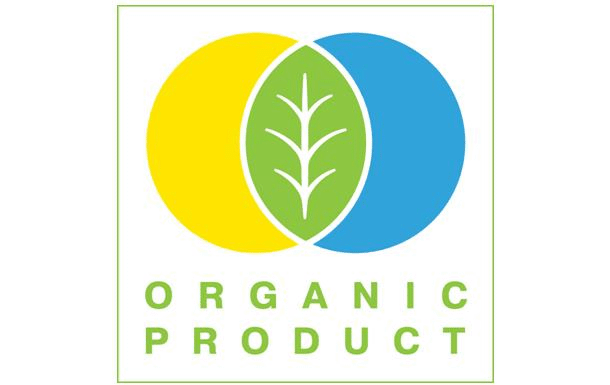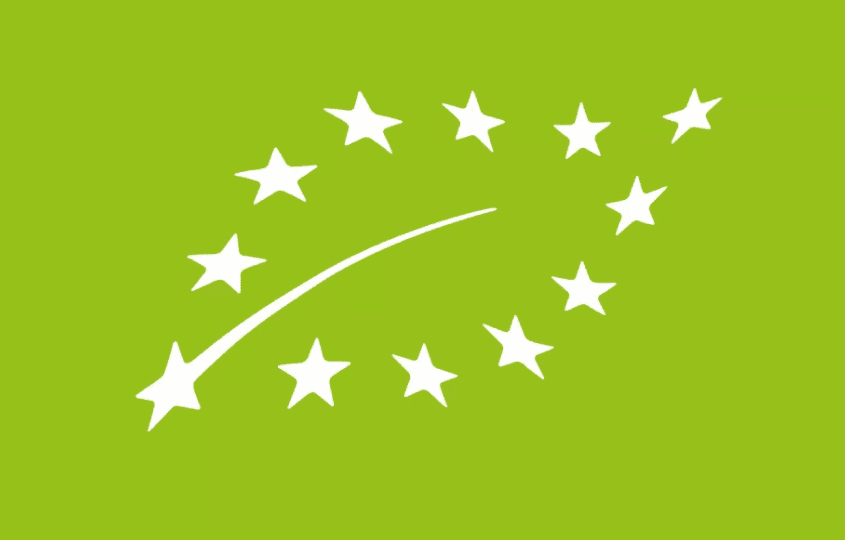Certification of Livestock Farming
Conducting certification of organic production in the field of Livestock Farming is an important direction of our activities, in which we have extensive experience. Precisely, the first project in Ukraine was implemented under the Organic Standard certification.
Organic livestock refers to organic production associated with the keeping and breeding (production) of agricultural animals to obtain products of animal origin in compliance with the requirements of organic standards and regulations.
We have a proven track record in certifying livestock production under international and private standards, including the EU Organic Regulation, both within Ukraine and abroad.
The range of certified livestock products in Ukraine includes cattle (including raw milk), small ruminants (sheep, goats), and pigs. Water buffaloes, horses, deer, and rabbits are also subject to certification.
Certification involves the thorough verification and assessment of production methods and products to ensure compliance with organic regulations. Upon successful certification, we issue internationally recognized certificates, granting our clients access to premium organic markets.
Organic Standard provides a comprehensive range of services that encompass inspections and certification based on various standards and ongoing support for the Operator during the entire certification process. We place great importance on the expertise of our specialists and continuously enhance their skills and qualifications. As a result, this approach allows us to deliver high-quality service to our clients.
Requirements for Livestock Farming
The general requirements for organic livestock farming include the following:
- The use of technologies that do not pose harm to human health, ensure animal welfare, and prevent or minimize the pollution of the environment.
- Providing humane treatment to animals by offering living conditions that meet their biological, species-specific, and individual needs.
- Encouraging the preservation of rare and local breeds that are at risk of extinction.
- Implementing preventive and precautionary measures at every stage of production, preparation, and distribution, as required.
- Organic animals must be born and raised in organic production units.
- Breed selection shall align with the principles of organic production, ensuring high animal welfare standards, preventing any suffering, and avoiding the necessity of animal mutilation.
- Natural methods of reproduction shall be applied, artificial insemination is however allowed.
- Reproduction shall not be stimulated or hindered through the use of hormones or substances with similar effects.
- Animal feed shall primarily originate from the farm where the animals are kept.
- Animals shall have access to pasture whenever conditions permit.
- Animals shall be fed with organic feed or in-conversion feed that meets their nutritional requirements at various stages of their development. Feed materials derived from plants, algae, animals, or yeast shall be organic. Non-organic feed materials from plants, algae, animals, or yeast, as well as microbial or mineral feed materials, feed additives, and technological additives, may only be used if approved in organic production.
- Growth promoters and synthetic amino-acids are prohibited.
- Suckling mammals must be fed with natural, preferably maternal, milk.
- Disease prevention shall be based on breed and variety selection, livestock management practices, high-quality feed, exercise, appropriate stocking density, and adequate and suitable housing that maintains proper hygiene.
- Chemically synthesized allopathic veterinary medicinal products, including antibiotics and boluses with synthesized allopathic chemical molecules, shall not be applied for prevention.
- The use of substances to promote growth or production (including antibiotics, coccidiostatics, and other artificial aids for growth promotion purposes) and hormones or similar substances to control reproduction or for other purposes (such as induction or synchronisation of oestrus) is prohibited.
- Chemically synthesized allopathic veterinary medicinal products, including antibiotics, may be used when necessary, subject to strict conditions and the responsibility of a veterinarian, if the use of phytotherapeutic, homeopathic, and other products proves ineffective with limitations on treatment courses.
- The stocking density in buildings shall provide for comfort, the well-being, and the fulfillment of species-specific animal needs. It depends on the species, breed, and age of the animals and also takes into account their behavioral needs, which depend, in particular, on the size of the group and the animal's sex. Cages, boxes, and flat platforms shall not be used for any kind of farm animals.
- Any suffering, pain, and stress shall be kept to a minimum during the entire life of the animal, including at the time of slaughter.
- Landless livestock production is prohibited.
- Tethering or isolation of livestock shall be prohibited, unless for individual animals for a limited period of time, and so far as this is justified for safety, welfare, or veterinary reasons.
Organic Standards and Regulations

Organic Legislation of Ukraine
Certification in accordance with the legislation of Ukraine is mandatory for the production and sale of organic products in Ukraine.

EU Regulation 2018/848
Certification in accordance with EU Regulation 2018/848 for exports to EU countries from Ukraine will be mandatory no earlier than 2024.
If you have any questions, please contact our specialists
Olha Akulova
Senior Certification Specialist
